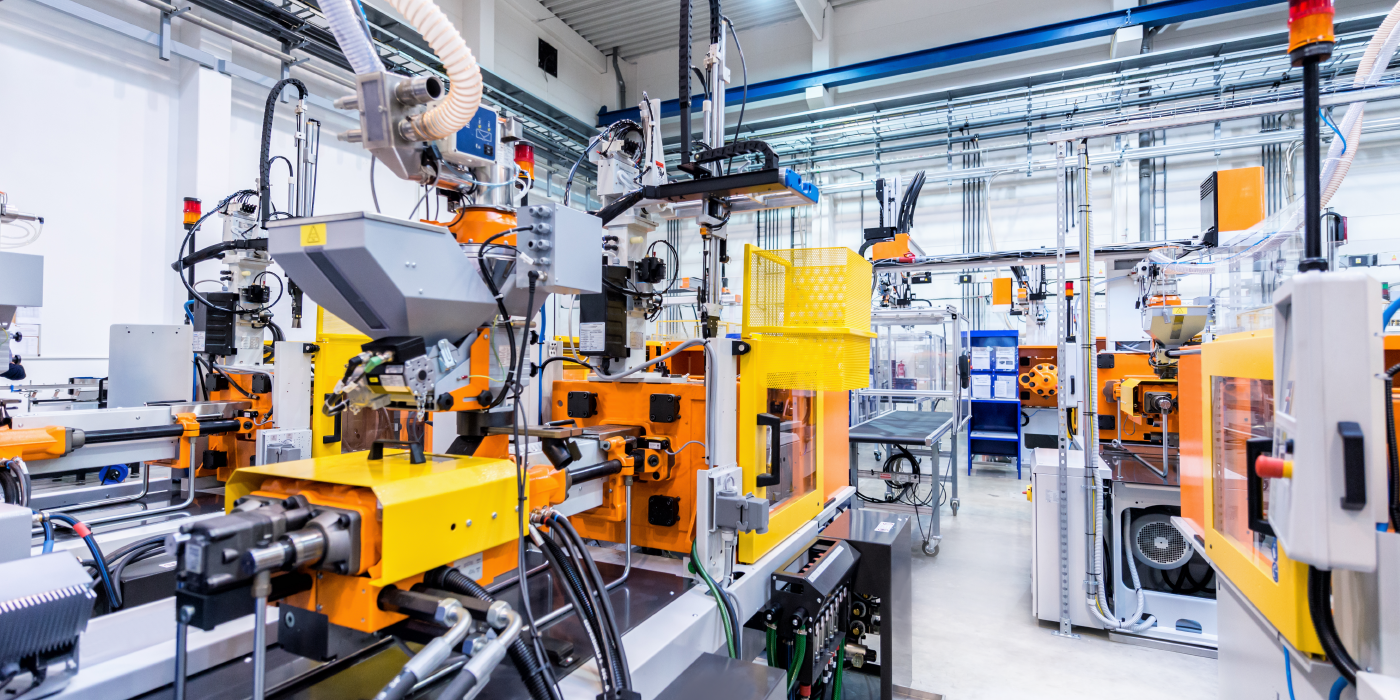Ads
In an increasingly technology-driven world, total automation seems both an intriguing and intimidating prospect. Can we truly aspire to a society where machines manage every aspect of our lives, or is this an unattainable utopia? In this in-depth analysis, we'll explore the most essential facets of this topic that's capturing the global imagination.
Technological development has accelerated at a dizzying pace, opening up a range of opportunities and challenges. Can automation truly replace all human functions? Or are there aspects of human existence that will always require human intervention? These are some of the questions we aim to answer.
Ads
On the other hand, there are also legitimate concerns about the potential negative impacts of full automation. What will happen to the jobs and professions replaced by machines? How will this affect the global economy and human well-being? Throughout this analysis, we will examine these concerns in detail.
Finally, we'll also consider the exciting possibilities that full automation could offer. From improved efficiency to freeing up human time for creativity and innovation, the possibilities are truly staggering. Join us on this journey as we unravel the mysteries of full automation: Is it the future of society or an unattainable utopia?
Ads
Automation: The Current State
We'll start by analyzing the current state of automation. In today's world, automation It's an inescapable reality. We've seen it infiltrate numerous aspects of our daily lives, from the way we shop to how we manage our finances.
But how far has automation really come? Are we on the cusp of a fully automated society, or is this just a futuristic dream?
One area where automation has proven its worth is in the manufacturing industryHere, machines have taken over repetitive, high-intensity tasks previously performed by humans. This has allowed companies to increase efficiency, reduce costs, and minimize human error.

Automation and Information Technology
In the field of information technologyAutomation has completely revolutionized the way work is done. Manual tasks, such as programming and system maintenance, can now be automated using specialized tools and software. This shift has allowed companies to reduce the time and cost associated with these tasks, while improving accuracy and efficiency.
Challenges of Total Automation
Despite these advances, full automation is not without its challenges. One of the most important is the social and economic impact that could have on our society.
Job displacement
Job displacement is a major concern. As more jobs are automated, there is fear that many employees could lose their jobs. This could lead to increased economic and social inequality.
Security and Privacy
Another key challenge is security and privacy. With increasing automation and digitalization, the risk of security and privacy breaches also increases. Protecting our systems and data from these risks is a monumental task that requires a multifaceted approach.
Possibilities of Total Automation
Despite these challenges, full automation also offers a number of exciting possibilities.
Full automation can revolutionize industries by maximizing efficiency, reducing costs, and improving accuracy. From smart factories to fully automated homes, the integration of artificial intelligence and robotics enables faster, safer, and more personalized processes, boosting productivity and innovation across multiple sectors.
Greater efficiency and productivity
First, automation has the potential to dramatically increase efficiency and productivity. Machines can work 24/7, without the need for breaks or vacations. Furthermore, they can perform tasks at a speed and precision that humans simply wouldn't be able to.
Innovation and development
Automation can also be a powerful tool for innovation and development. By freeing humans from routine and repetitive tasks, it gives us more time to focus on creative, high-level tasks. This could lead to incredible advances in fields such as science, technology, medicine, and art.
Towards a Fully Automated Society
So, is full automation the future of our society? Although there are still many challenges to overcome, it seems increasingly likely that automation will play an increasingly important role in our future.
Here are some future developments we might expect to see:
- Greater home automation, with smart appliances and systems that can perform household chores for us.
- Fully automated transportation, with autonomous cars, trucks, and trains.
- Automated healthcare, with machines that can perform diagnoses and treatments.
Although these developments may seem distant, we are already seeing the first steps toward them. Only time will tell how far automation will go, but one thing is certain: it's here to stay.
Conclusion

In short, full automation, although it may seem like an unattainable utopia, is an increasingly likely future. It has already infiltrated many areas of our daily lives, from manufacturing to information technology, increasing efficiency and productivity. However, this evolution is not without challenges, such as job displacement and security and privacy issues. Furthermore, the social and economic impact of full automation is a major concern that must be addressed. Despite these obstacles, full automation also offers exciting possibilities, such as increased efficiency, innovation, and development. We could expect to see more automation in our homes, transportation, and healthcare in the future. Although these developments may seem distant, we are already witnessing the first steps toward them. Only time will tell how far automation will go, but one thing is certain: it is here to stay. It is essential that we prepare for and adapt to this emerging reality to maximize its benefits and minimize its challenges.



